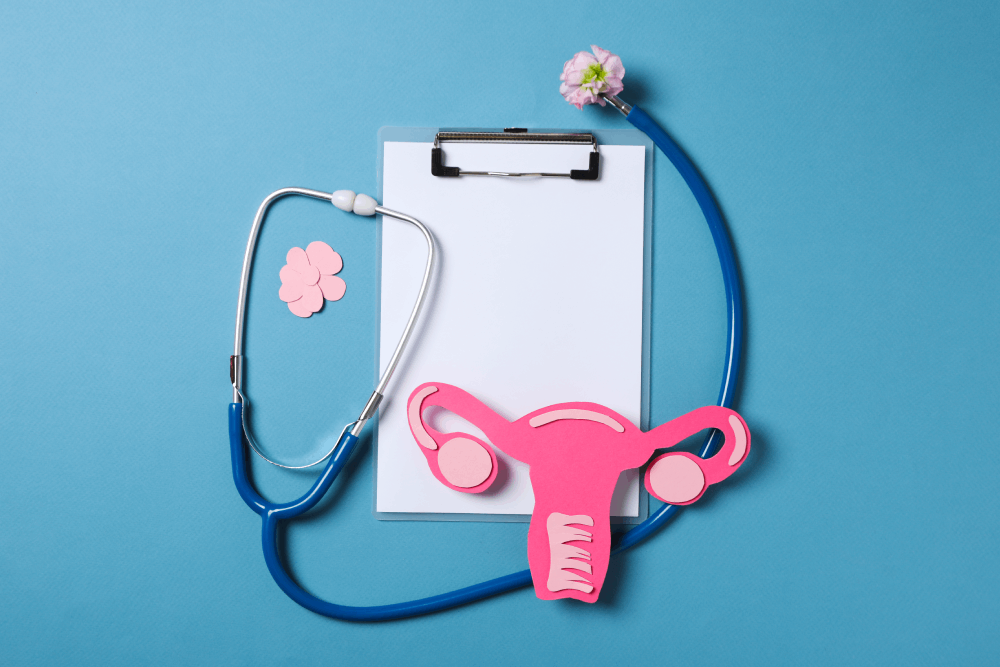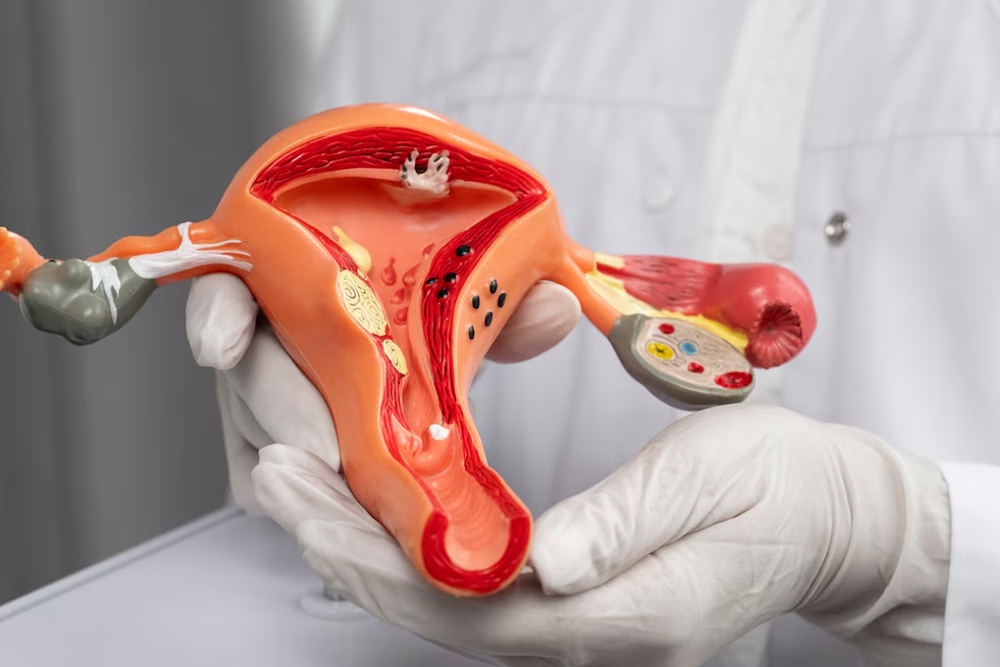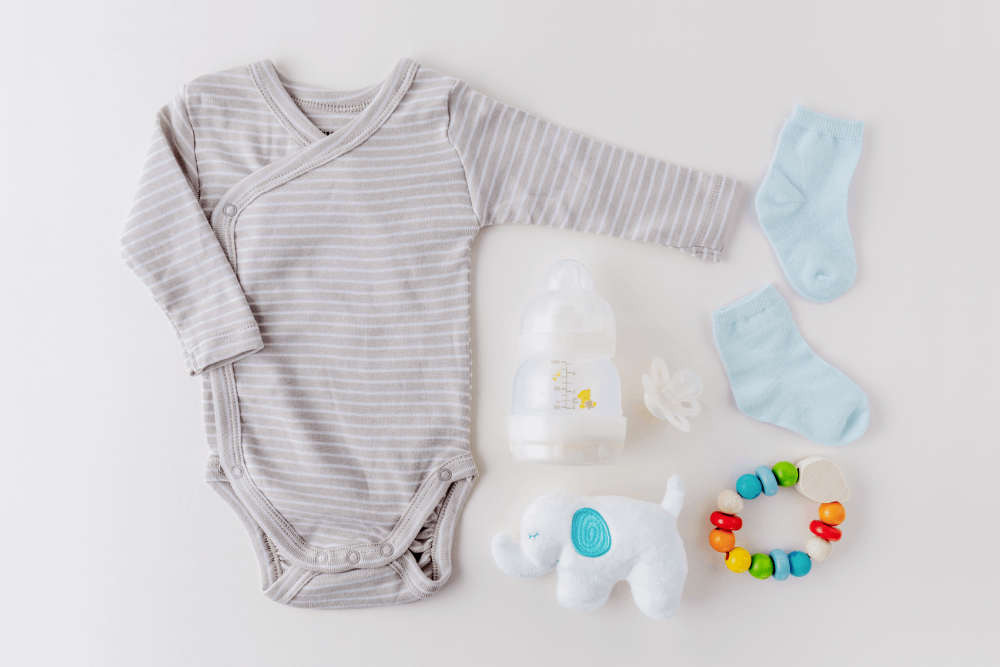Why It’s Important to See a Gynecologist Regularly
Women often overlook routine gynecological care, especially when there are no obvious symptoms. However, seeing a gynecologist near me regularly is critical for maintaining long-term reproductive and overall health. Whether it’s addressing menstrual issues, preventing diseases, or managing hormonal health, regular checkups help in early detection and treatment.
Role of a Gynecologist in Every Life Stage
A lady gynecologist in Pune like Dr. Sunita Lalwani plays a key role in supporting women’s health through all life stages—from puberty, through reproductive years, to menopause and beyond. These visits aren’t just for pregnancy; they’re essential for hormonal balance, menstrual health, and emotional wellbeing.
Importance of Preventive Screenings (Pap Smear, HPV, Breast Exams)
Preventive screenings such as Pap smears, HPV tests, and clinical breast exams help detect early signs of cancer and infections. Visiting the best gynecologist in Pune ensures that these tests are done at the right intervals to keep you safe and informed.
What Happens When You Delay Care
Ignoring symptoms or skipping annual checkups can result in worsening of underlying conditions like PCOS, fibroids, endometriosis, or even undiagnosed cancers. Timely visits to a gynecologist near me can prevent such complications and promote a healthier lifestyle.
Top Signs You Need a Gynecologist Near You
Irregular or Missed Periods
Consistently missed or erratic cycles may indicate hormonal imbalances or thyroid issues. A consultation with a lady gynecologist in Pune is essential to investigate and treat the root cause.
Heavy Bleeding or Severe Cramps
Menstrual pain that interferes with daily activities or heavy bleeding could be signs of endometriosis or fibroids. Don’t ignore these symptoms; visit the best gynecologist in Pune for proper diagnosis.
Vaginal Dryness, Itching, or Discharge
Unusual discharge, persistent itching, or dryness could point to infections or hormonal issues. A gynecological evaluation can help manage symptoms effectively.
Pain During Intercourse
Painful intercourse isn’t something you should endure. This can signal underlying issues that require medical attention.
Trouble Conceiving or PCOS Symptoms
If you’re struggling with fertility or experiencing symptoms like acne, weight gain, or irregular periods, a gynecologist near me can provide timely interventions.
Unexplained Pelvic Pain or Pressure
Persistent pelvic pain could indicate cysts, infections, or inflammation. Early treatment prevents complications.
Breast Lumps, Pain, or Nipple Discharge
Any changes in your breasts should be assessed by a gynecologist. Regular breast exams are essential, especially if there’s a family history of breast cancer.
Pregnancy Symptoms or Positive Home Test
A missed period and positive test require immediate medical attention. The best pregnancy hospital in Pune like Lalwani Hospital offers expert prenatal care from day one.
Finding the Right Gynecologist Near Me in Pune
What to Look for in a Women’s Health Specialist
Choose a gynecologist near me who is experienced, approachable, and specializes in the issues you are facing—whether it’s menstrual health, fertility, or menopause.
Importance of Choosing a Nearby, Accessible Clinic
Having an accessible clinic matters, especially for emergencies or regular follow-ups. Lalwani Mother & Child Care Hospital is conveniently located for women across Pune.
Benefits of Visiting a Gynecologist Who Also Specializes in Obstetrics
Seeing a lady gynecologist in Pune who also handles obstetrics means continuous care—from your first consultation through pregnancy and delivery.
Dr. Sunita Lalwani – Trusted Lady Gynecologist in Pune
Experience with Menstrual Disorders, PCOS, and Fertility
Dr. Sunita Lalwani brings extensive experience in managing PCOS, fertility challenges, menstrual irregularities, and menopausal care.
Personalized Approach to Women’s Health
Known as one of the best gynecologists in Pune, Dr. Sunita Lalwani focuses on personalized care tailored to each patient’s unique needs.
Trusted by Women Across Hadapsar, Kalyani Nagar, Magarpatta, and Pune City
Dr. Sunita Lalwani is a preferred lady gynecologist in Pune, with patients from major neighborhoods trusting her for compassionate and effective care.
Why Choose Lalwani Mother & Child Care Hospital
Recognized as Best Maternity Hospital in Pune
Lalwani Hospital is widely recognized as the best maternity hospital in Pune, offering complete gynecological and maternity care.
Full Suite of Gynecological and Obstetric Services
From fertility treatments to postpartum care, Lalwani Hospital provides a full spectrum of services under one roof.
Modern Diagnostic Tools and Emergency Support
Equipped with state-of-the-art diagnostics and a 24/7 emergency team, patients receive timely and effective care.
Convenient Booking, Friendly Staff, and Privacy-First Environment
Enjoy stress-free appointments, a warm staff, and an environment that values patient privacy and dignity.
Preparing for Your Visit to the Gynecologist
What to Bring: Records, List of Symptoms, and Medications
Carry past medical records, a list of symptoms, and details of any current medications for a productive consultation.
Tips for First-Time Visitors
Don’t hesitate to ask questions. Wear comfortable clothing and arrive a few minutes early to relax before your appointment.
Creating a Safe Space for Open Conversation
Dr. Sunita Lalwani believes in creating a judgment-free zone where patients feel safe discussing even the most intimate concerns.
FAQs – Gynecologist Near Me
Q1: Who is the best gynecologist near me in Pune for PCOS and periods?
A: Dr. Sunita Lalwani at Lalwani Mother & Child Care Hospital is highly recommended for PCOS, periods, and women’s health issues.
Q2: Can I visit without a prior appointment?
A: While walk-ins are welcome, it’s best to book in advance for minimal wait time.
Q3: What symptoms mean I should see a gynecologist urgently?
A: Severe pain, heavy bleeding, unusual discharge, or pregnancy symptoms require immediate attention.
Q4: Do I need to see a gynecologist or general physician for vaginal infection?
A: A gynecologist is the right specialist for diagnosing and treating vaginal infections.
Q5: Is Lalwani Hospital good for pregnancy and delivery?
A: Yes, it’s known as the best pregnancy hospital in Pune, offering expert prenatal to postnatal care.
Q6: How can I reach Lalwani Hospital from Magarpatta or Hadapsar?
A: The hospital is easily accessible by road and located within close proximity to both areas.
Conclusion: Don’t Delay Your Health – Book a Visit Today
If you’re searching for a gynecologist near me in Pune, Dr. Sunita Lalwani at Lalwani Mother & Child Care Hospital offers trusted, compassionate care tailored to your needs. Prioritize your health, book your consultation today.

























